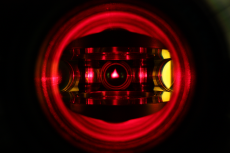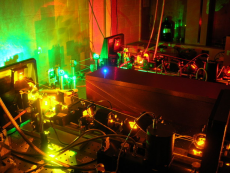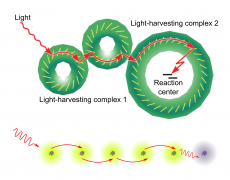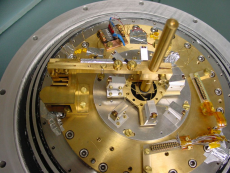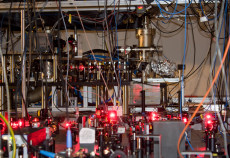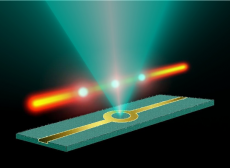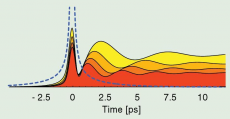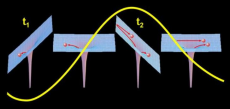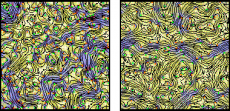CQD Special Seminar
1. February 2018 15:00
Konferenzraum 2-3, Physikalisches Institut, INF 226Controlling Cold Atom-Ion Collisions Using a Rydberg State
Dr. Limei Wang
Universität Ulm, Institut für Quantenmaterie
Substantial progress in the preparation of cold atom-ion hybrid systems has been achieved. With respect to quantum computation and quantum simulation, control of collisions is required. In particular, for a variety of experiments unwanted chemical reactions between atoms and ions such as charge exchange or the formation of molecular ions need to be suppressed.
We present a method to control the cold collision between an ultracold atom and a trapped ion. A laser is used to excite the ground state atom to a repulsive Rydberg potential level once it approaches the ion to a certain distance. In this way the ion is effectively surrounded by a potential wall that the atom cannot cross. Once the atom leaves the interaction area, it is de-excited back to its original level. The adiabaticity of the scheme is analyzed as a function of different parameters such as laser frequency, laser power, initial atom-ion collision energy, as well as the direction of the collisional process with respect to the light field. By controlling e.g. the laser power and the laser frequency, as well as by addressing different Rydberg states, the properties of this shielding effect can be widely tuned. In particular, unwanted chemical reactions between atoms and ion can efficiently be suppressed, which is an important step towards realization of diverse quantum technological applications for hybrid atom-ion systems.
Fractal ground state of Wigner chains in periodic potentials
Prof. Dr. Giovanna Morigi, Naturwissenschaftlich-Technische Fakultät, Universität des Saarlandes, KIP, HS 2

